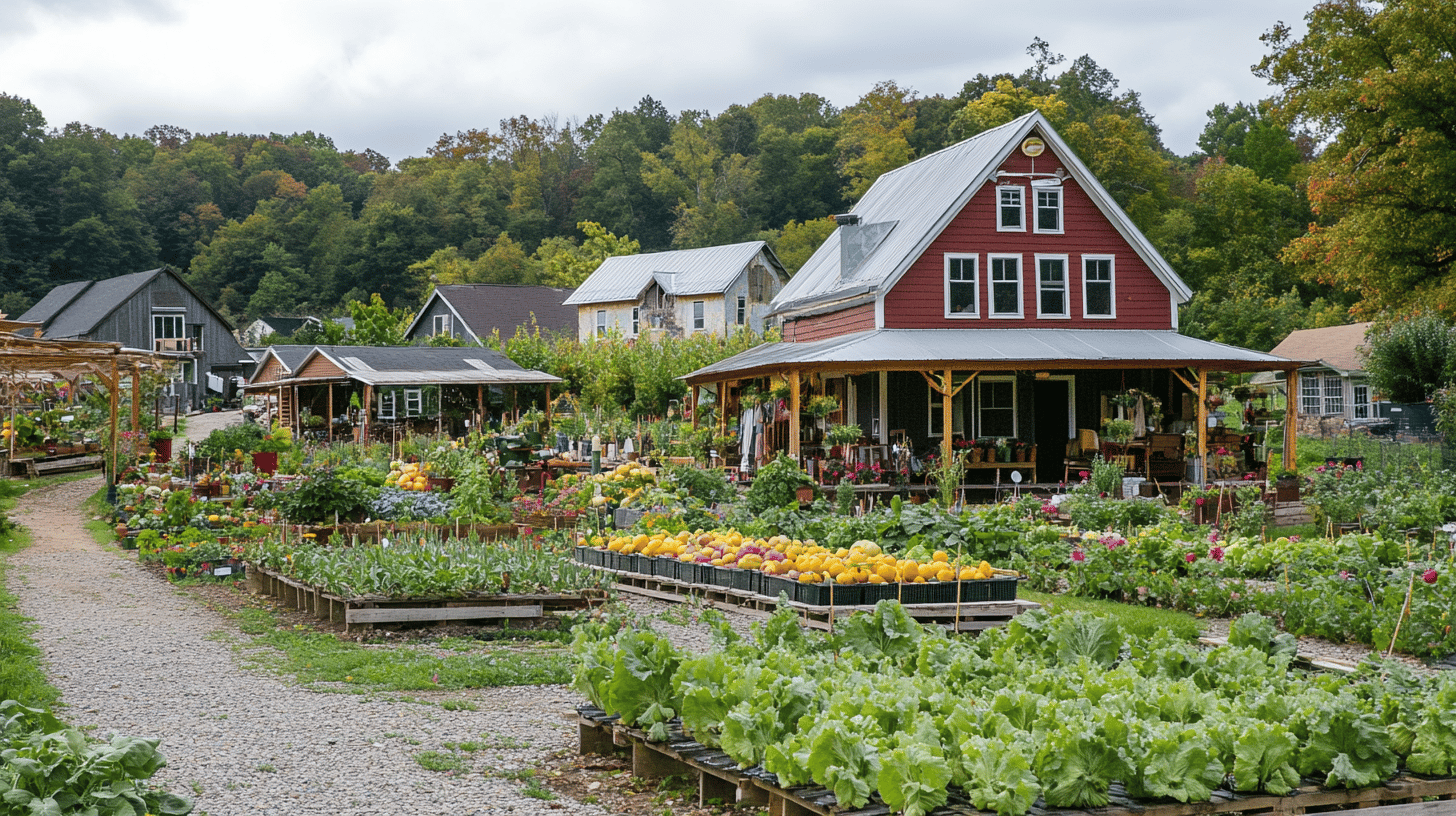When you say veganism, most people think of ethical reasons, animal protection or a positive impact on the environment. But what is often overlooked is the economic side of this lifestyle. Yet it is the economic benefits of veganism that can be one of the strongest arguments for going down this path.
Barter instead of money: How to get started with barter and get everything you need

Today, as the world continues to change and economic conditions become increasingly uncertain, many people are turning to alternative ways of trading.
One of these ways is barter trading, which goes back to the roots of exchanging goods and services without using money.
Barter trade is not just a nostalgic throwback to the past, but also a modern and efficient way to meet one's needs while strengthening local communities.
Imagine a world where money is not the primary means of exchange. Instead, people trade directly with each other, offering their skills, products or services in exchange for what they need.
This system not only fosters creativity and innovation, but also strengthens interpersonal relationships and creates stronger communities.
Getting started with bartering may be easier than you think. The first step is to identify what you have to offer.
This can be anything from household products like fresh fruit and vegetables to professional services like computer repair or yoga classes. The key is to realize what skills or products you have that could be valuable to others.

One example of a successful barter system is a community garden where members grow different fruits and vegetables and then barter them among themselves.
This form of bartering not only provides fresh and healthy food, but also promotes organic farming and reduces dependence on commercial food suppliers.
Another example is a local market where people offer their handmade products, such as candles, soaps or jewellery, in exchange for other goods or services.
Such markets often attract a variety of artists and artisans who share their skills and create unique products that cannot be found in regular shops.

Barter also offers an opportunity for those who want to develop their skills and learn new things.
For example, if you are good at fixing bikes, you can offer your services in exchange for cooking lessons or language classes. This way, you not only gain new skills, but also expand your network of contacts and strengthen your position in the community.
One of the key aspects of a successful barter system is trust and transparency. It is important that all parties are open and honest about the value of their offers and expectations.
Establishing clear rules and agreements can help prevent misunderstandings and ensure that all parties are happy with the outcome.
Barter also brings environmental benefits. By reducing the need to produce and transport goods, the carbon footprint is reduced.

In addition, by encouraging local production and consumption, we contribute to sustainability and environmental protection.
If the idea of bartering appeals to you, start by joining local community groups or online platforms that promote the exchange of goods and services.
You might also consider organising your own barter market or event in your community where people can share their skills and products.
Bartering instead of money is not just about getting what you need, but also about building stronger and more connected communities.
It's a way to get back to the core values of collaboration and sharing that are the foundation of any healthy society. So why not try bartering and discover the new opportunities it can bring you?
Barter also has the potential to bring economic benefits to individuals and communities. At a time when the prices of goods and services are constantly increasing, barter can offer an alternative that helps people save money while getting what they need.

For example, if you have a surplus of home-grown fruit and vegetables, you can barter them for other products or services that you would otherwise have to buy with money.
In addition, bartering can help people in tough economic times when it is difficult to find a job or earn enough income.
By offering their skills and products in exchange for what they need, people can provide for basic needs while staying active and involved in the community.
Barter also supports local economies by keeping money and resources within the community. By having people trade directly with each other, it reduces the need to purchase goods and services from large corporations, which can have a positive impact on local businesses and the economy.
Finally, barter trade can contribute to the development of new skills and knowledge. By offering their services in exchange for lessons or training, people can learn new things and expand their skills. This can lead to new opportunities and careers that would not otherwise be available.
Overall, bartering offers many benefits for individuals and communities. It is a way to meet needs, strengthen interpersonal relationships, support local economies, and contribute to sustainability and environmental protection.
If this idea appeals to you, feel free to join local barter groups or organize your own events and markets. Barter can be the key to a better and more sustainable future for us all.

In recent years, we've seen incredible growth in the vegan movement, not only at the individual level, but also in the business sphere.
When people say "vegan lifestyle", many people think of expensive specialty foods, exotic ingredients and high grocery bills.
How to Save on Vegan Food: Budget Tips
Veganism is considered an expensive lifestyle, with many people worried that switching to a plant-based diet will be costly. However, the truth is that with a few simple tricks and proper planning, you can save money while still enjoying delicious and nutritious meals.




